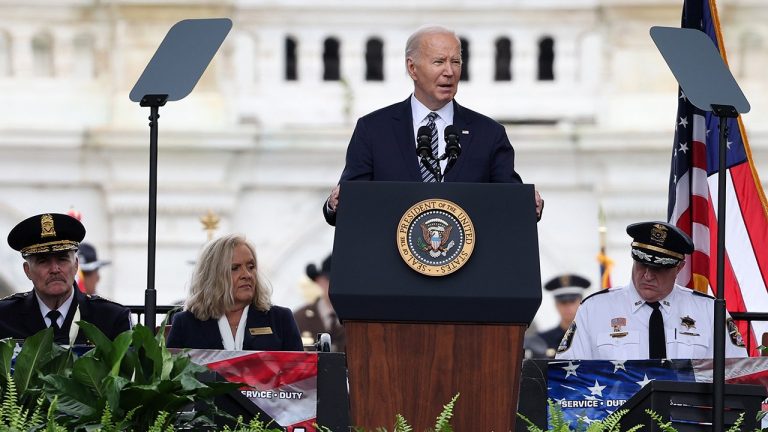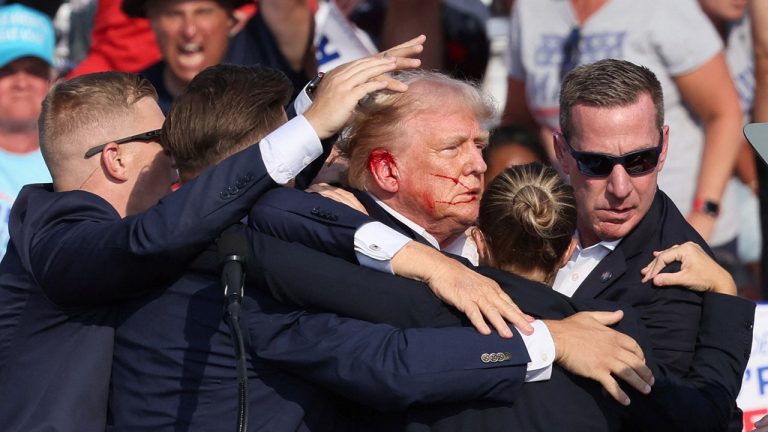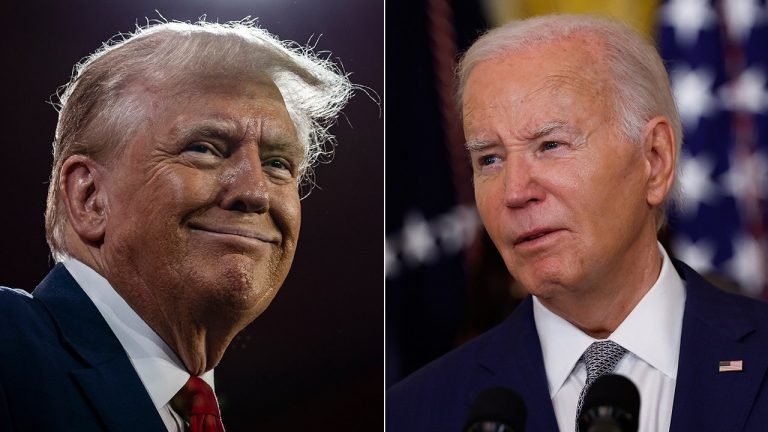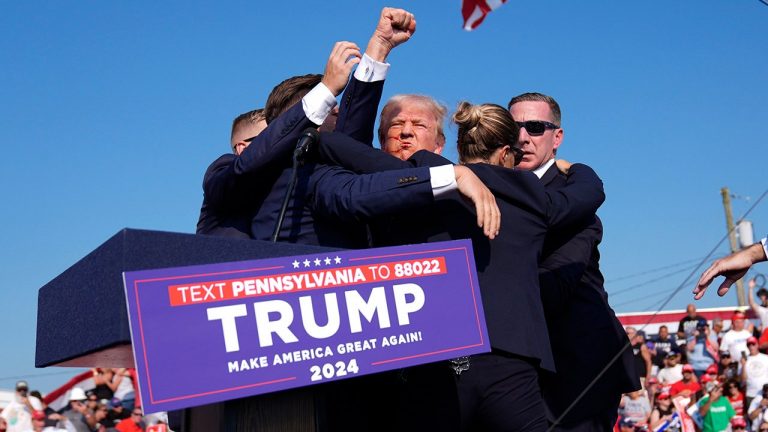Biden criticized for unclear stance on Taiwan by both parties
House lawmakers representing the U.S. House delegation, led by Foreign Affairs Chairman Michael McCaul, recently visited Taiwan to meet with members of the Legislative Yuan and the newly-elected government officials in Taipei. This visit comes at a crucial time when tensions between China and Taiwan are escalating, and the U.S.’s stance on supporting Taiwan remains a contentious issue.
During the visit, Rep. Andy Barr, a prominent member of the House Taiwan Caucus, criticized President Biden for what he viewed as a lack of “moral clarity” in the U.S.’s relationship with Taiwan. Barr expressed concerns about the Biden administration’s contradictory statements regarding its support for Taiwan in the face of Chinese threats and aggression.
There have been instances where President Biden’s assertive remarks in defense of Taiwan had to be clarified or walked back by officials within his own administration. These incidents have raised questions about the coherence and consistency of U.S. policy towards Taiwan, especially in light of China’s vocal opposition to any formal recognition of Taiwan as a sovereign nation.
Dr. I-Chung Lai, president of The Prospect Foundation, a Taiwan-based think tank, highlighted that while the U.S.’s position on Taiwan remained firm, the internal disagreements and walk-backs by administration officials might undermine President Biden’s authority and credibility on the global stage.
On the flip side, Democrats on the Taiwan trip argued that President Biden’s statements and subsequent clarifications strengthened the U.S.’s strategy of “strategic ambiguity” in dealing with China and Taiwan, rather than weakening it.
The visit by the congressional delegation, including Rep. Michael McCaul and other key representatives, underscores the ongoing importance of maintaining strong ties with Taiwan amid growing tensions in the region. The discussions and meetings held during the visit are crucial in shaping U.S. policy towards Taiwan and sending a clear message to China about the U.S.’s commitment to supporting democratic allies in the Indo-Pacific region.
As China continues to assert its dominance in the region and Taiwan faces increasing pressure, the U.S.’s relationship with Taiwan remains a critical aspect of its broader foreign policy strategy. The outcomes of the House lawmakers’ visit to Taiwan and the discussions held with Taipei’s government officials will play a significant role in shaping future decisions and actions regarding U.S.-Taiwan relations.







